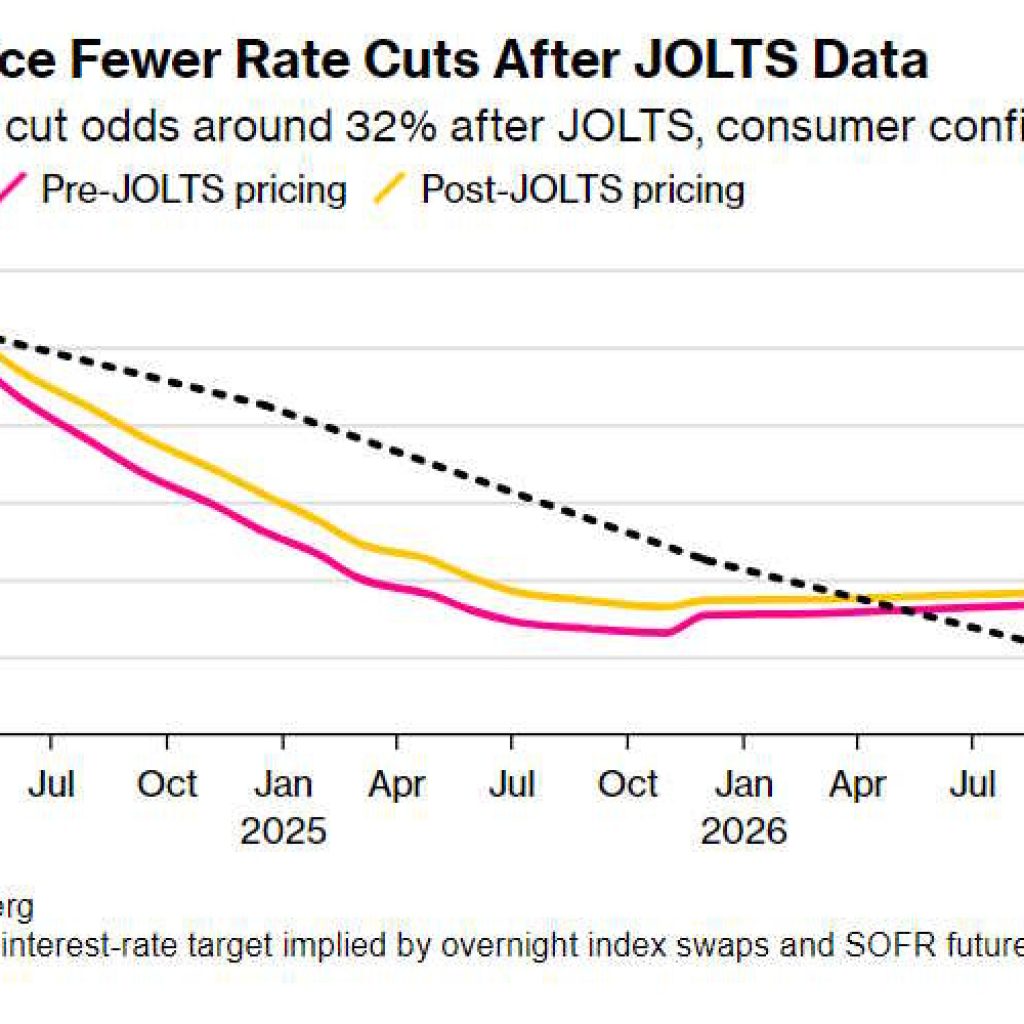Shakeeb Ahmed, a computer security engineer, was sentenced by the Southern New York District (SDNY) Court to three years in prison, followed by three years of supervised release.
Ahmed was convicted for his participation in the 2022 flash loan attacks on the decentralized exchanges Crypto Exchange and Nirvana. This represents the first case of a person being found guilty of undermining a smart contract, U.S. Attorney Damian Williams said. In addition to his jail term, Ahmed is expected to forfeit $12.3 million plus a significant sum of cryptocurrency and to recompense the exchanges with $5 million.
Ahmed had offered to give back the stolen assets to Crypto Exchange, reserving $1.5 million, provided the exchange abstained from contacting the authorities. On the other hand, Nirvana was ready to pay him $600,000 for the recovery of the funds, but Ahmed insisted on $1.4m from the $3.6m he had stolen, which led to a stalemate in the negotiations.
A stablecoin of Nirvana, NIRV, broke its peg with the U.S. dollar, and the company’s proprietary ANA coin fell in value by 85% after a hack.
SDNY exposed that Ahmed used stolen money to commit money laundering. His strategies included token-swap transactions, converting the hacked earnings from the Solana blockchain to the Ethereum blockchain, converting the stolen profit into Monero, using offshore crypto exchanges, and using crypto mixing services such as Samourai Whirlpool.
It was also observed that Crema, a third trading platform, was similarly attacked in July 2022, but the federal charges did not link him to that specific case. When committing those cyber assaults, Ahmed was a senior security engineer in a multinational technology company.
Reports from Bloomberg reveal that Ahmed took the main position of the technical lead in Amazon’s bug bounty initiative. According to Inner City Press, Ahmed, after being bailed out, has lately secured a job in a mental health care start-up. In the process of his trial, as quoted by the publication, he stated, “After seeing through hackers, I found the way to crack the smart contracts of an exchange, and then I sought treatment.”
By July, Ahmed was arrested in New York on accusations of wire fraud and money laundering associated with hacking endeavors. In December, he pleaded guilty to computer fraud.





